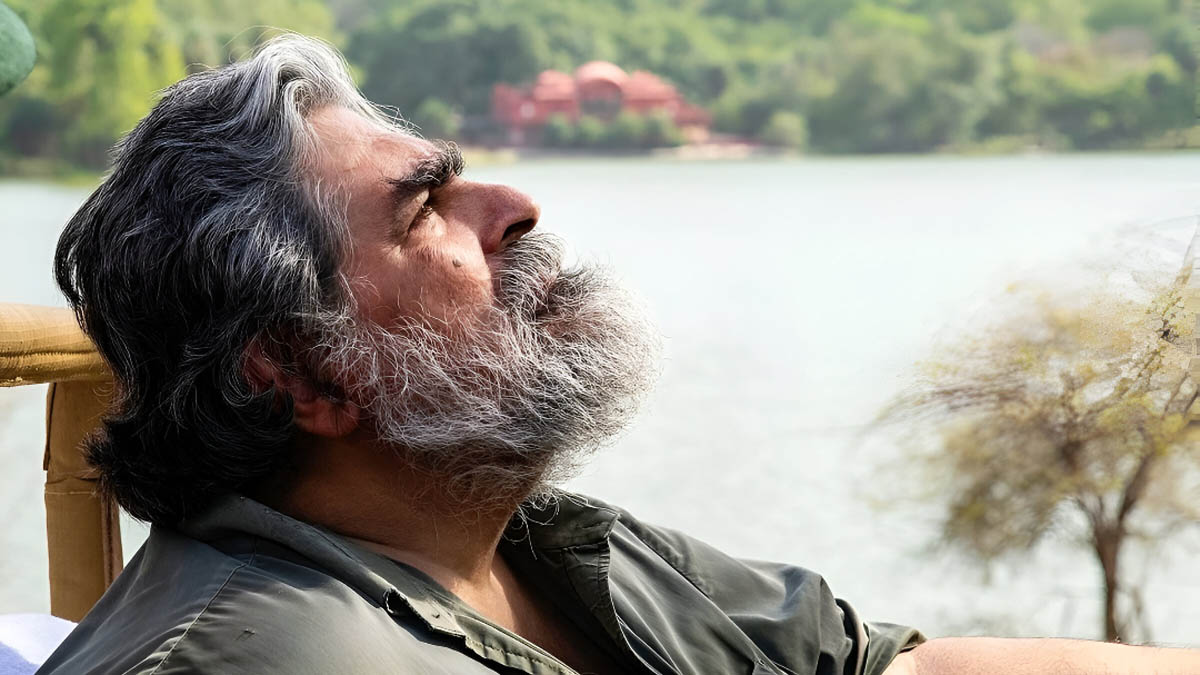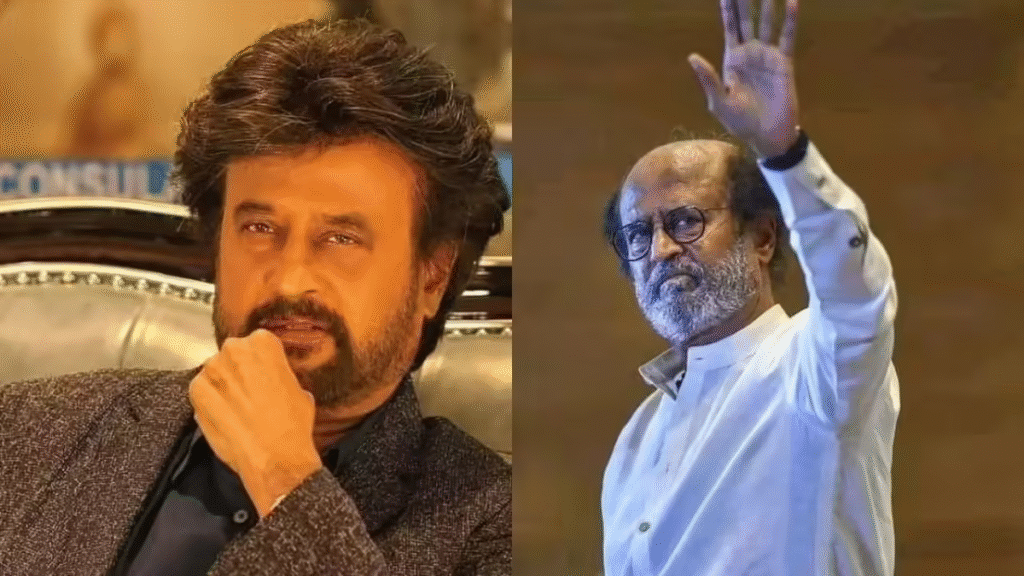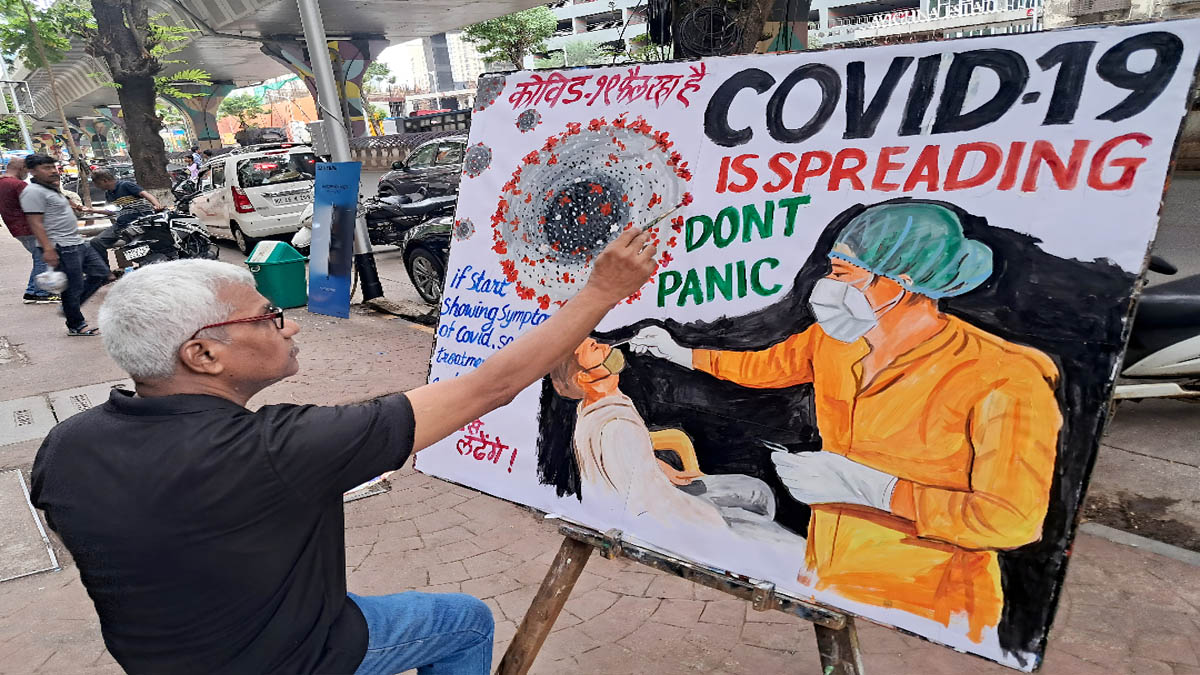Now Reading: Valmik Thapar, India’s ‘Tiger Man’ and Veteran Conservationist, Passes Away at 73 in Delhi
-
01
Valmik Thapar, India’s ‘Tiger Man’ and Veteran Conservationist, Passes Away at 73 in Delhi
Valmik Thapar, India’s ‘Tiger Man’ and Veteran Conservationist, Passes Away at 73 in Delhi

India mourns the loss of one of its most ardent and influential voices for wildlife conservation, Valmik Thapar, who passed away in Delhi on Saturday morning at the age of 73. A veteran tiger conservationist, prolific author, and documentary filmmaker, Thapar had been battling cancer for some time, but his passing marks the end of an era for Indian wildlife advocacy.
Born in New Delhi in 1952, Valmik Thapar dedicated over five decades of his life to the study and protection of wild tigers, with a particular focus on the iconic Ranthambore National Park in Rajasthan. His unwavering commitment and deep understanding of these majestic creatures earned him the moniker “India’s Tiger Man.”
Thapar’s journey into conservation began in 1976, under the mentorship of the legendary Fateh Singh Rathore, a key figure in India’s pioneering Project Tiger. This partnership laid the foundation for Thapar’s tireless work, which saw him track the fortunes of Ranthambore’s tigers, meticulously documenting their behavior, and advocating for robust conservation strategies.
A staunch advocate for habitat protection and stringent anti-poaching measures, Thapar was a formidable voice in India’s conservation landscape. He served on over 150 government committees and task forces, including the National Board for Wildlife, chaired by the Prime Minister. In 2005, he was appointed to the Tiger Task Force, formed after the alarming disappearance of tigers from Sariska Tiger Reserve. While the task force’s report supported coexistence between humans and tigers, Thapar famously issued a dissenting note, emphasizing the critical need for strictly protected, human-free habitats for the long-term survival of tigers. He consistently argued that minimum areas should be managed exclusively in their natural form for these big cats.
Beyond policy and advocacy, Thapar’s contributions extended significantly to public awareness and education. He authored or edited over 30 books on wildlife, including acclaimed works like “Land of the Tiger: A Natural History of the Indian Subcontinent” (1997) and “Tiger Fire: 500 Years of the Tiger in India.” His literary endeavors helped demystify the lives of tigers and instilled a sense of urgency for their protection among a wider audience.
His work also translated to the screen, with several acclaimed wildlife documentaries for international platforms such as the BBC. His landmark six-part series, “Land of the Tiger” (1997), offered a captivating exploration of the subcontinent’s natural world. As recently as 2024, he appeared in the documentary “My Tiger Family,” chronicling his five-decade-long journey with the tigers of Ranthambore.
Thapar was also instrumental in establishing the Ranthambhore Foundation in 1988, a pioneering non-governmental organization focused on community-based conservation strategies. He believed in knitting together a cross-sectoral group of like-minded people, including scientists, activists, village leaders, forest officials, bureaucrats, politicians, and the free press, to achieve holistic conservation outcomes. He also partnered with organizations to create livelihoods for displaced villagers, demonstrating his holistic approach to conservation that recognized the importance of human well-being alongside wildlife.
Tributes have poured in from across the political and environmental spectrum, highlighting his immense impact. Conservation biologist Neha Sinha described him as “the international voice of Indian tigers for many many years.” Former Union Minister Jairam Ramesh remembered Thapar as a “legendary figure” and stated that “Today’s Ranthambore, particularly, is a testimony to his deep commitment and indefatigable zeal.”
Valmik Thapar’s passing leaves a void in the world of conservation. His relentless passion, intellectual rigor, and unwavering dedication ensured that the plight of the tiger remained at the forefront of national and international consciousness. He leaves behind a profound legacy that will continue to inspire generations of conservationists and nature enthusiasts to fight for the wild spaces he so deeply cherished. He is survived by his wife, theatre personality Sanjana Kapoor, and their son.










